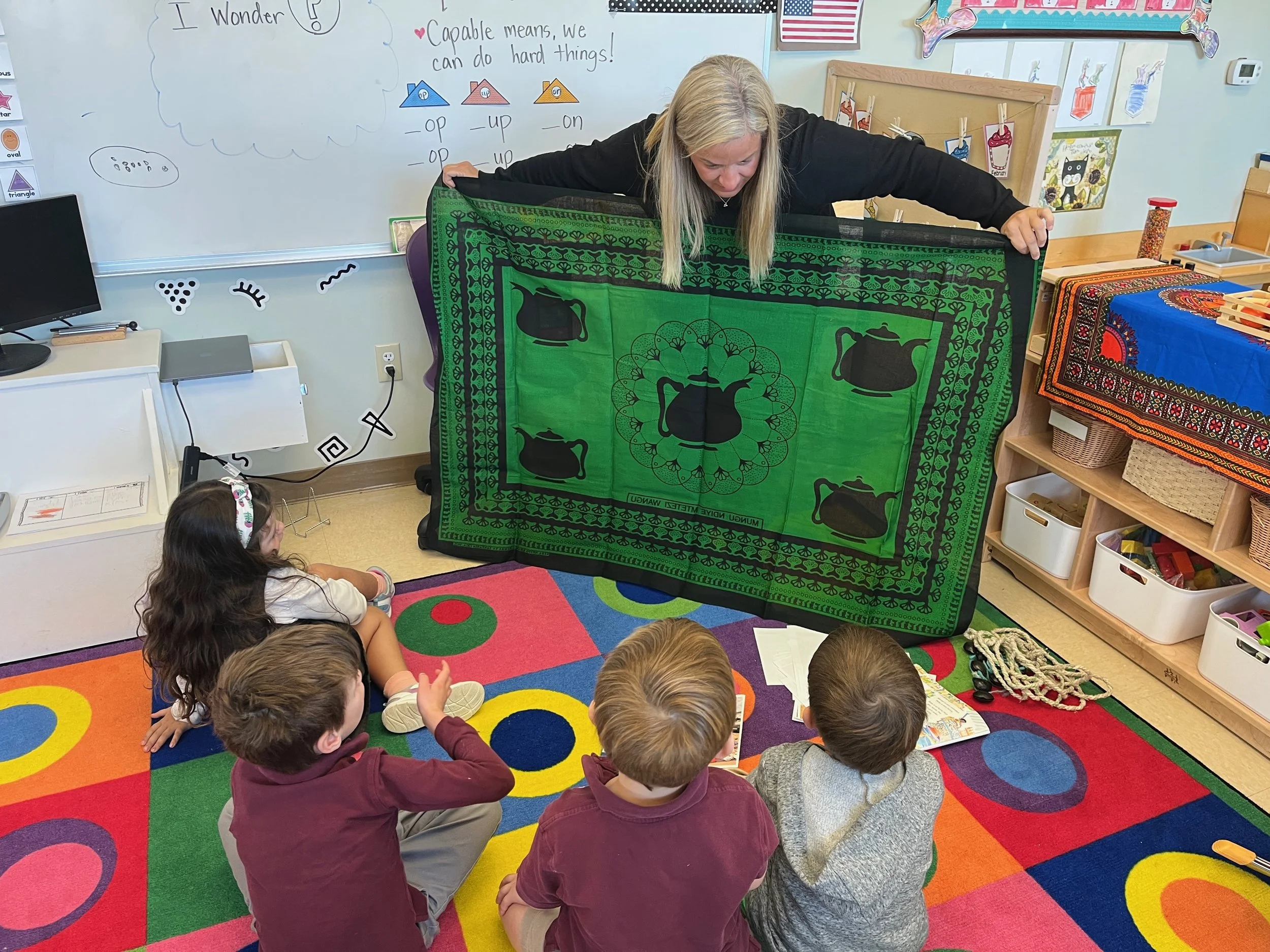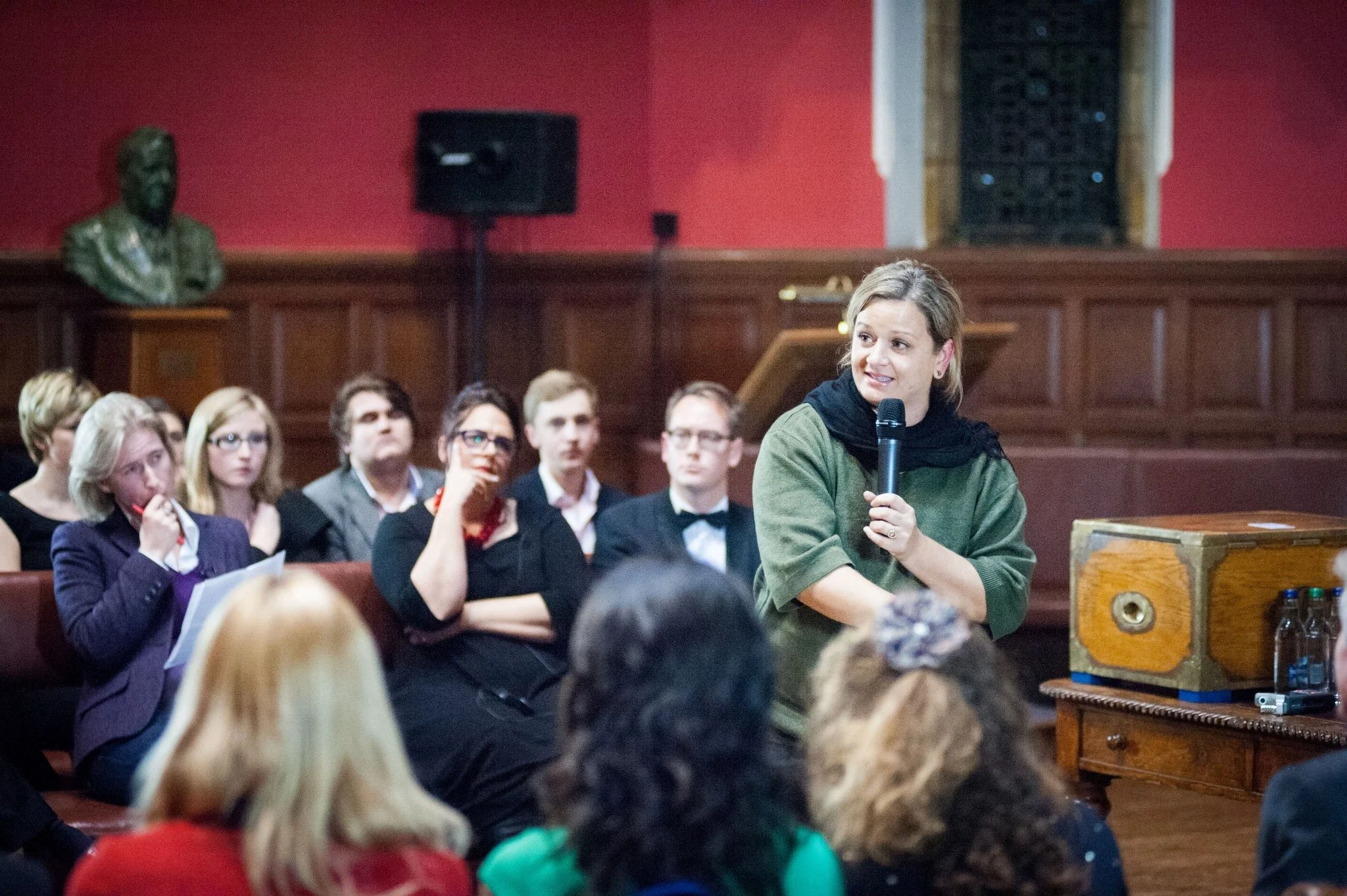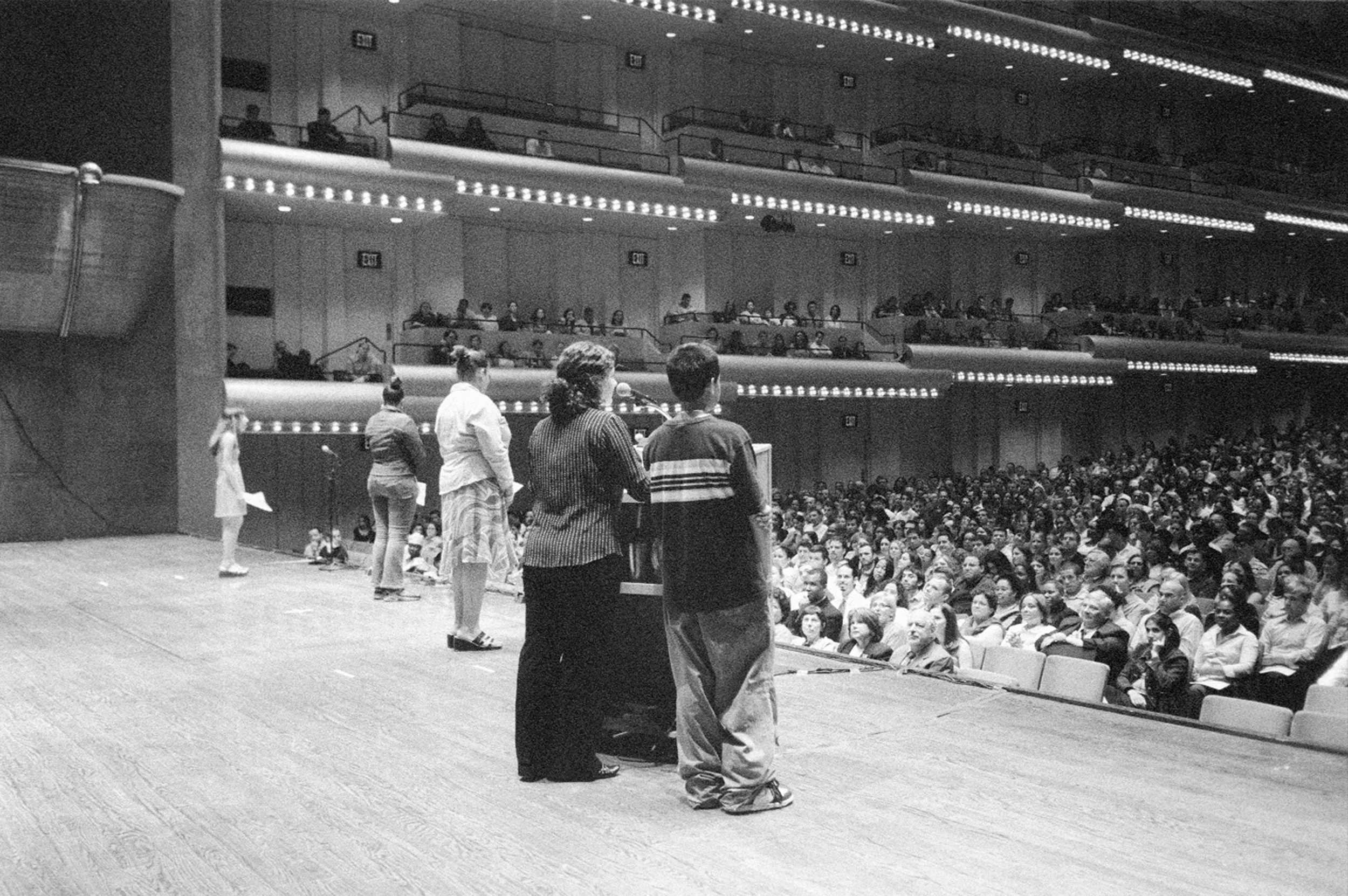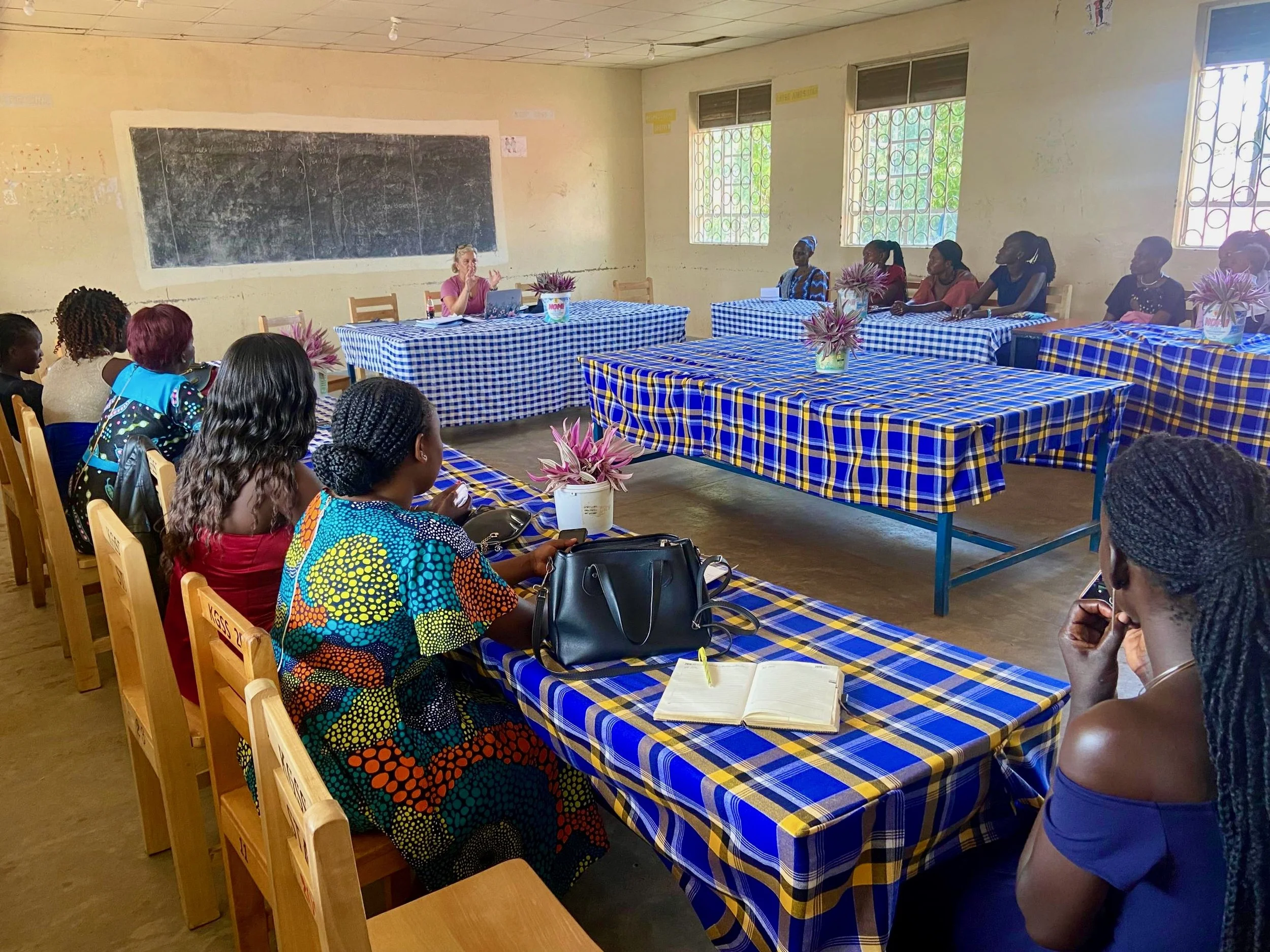With more than two decades of experience spanning K-12 and higher education, my life and work are grounded in the belief that every human being deserves educational justice.
A strong educational leader must have a deep appreciation for the philosophy of education to conceive of and implement truly visionary initiatives. At the heart of this debate, philosopher Richard Pring asks, “What does it mean to be ‘educated’?”. A school that can provide educational justice, meaning a school that can promote a holistic notion of the educated person, full of academic curiosity and knowledge, sophisticated critical thinking skills, and a sold moral compass, will be fully capable of positively contributing to local and global communities, not simply utilitarian instruments to supply the labor market.
In asking what makes a person ‘educated’, school leaders, I believe, should maintain a capability approach, focusing on each student as an end in themselves, resulting in a disciplined yet compassionate school community of educators united around a genuine belief in each student’s human potential.
To me, this means that as students develop, they must have the opportunity to study, define for themselves, and then embody a contemporary notion of what Aristotle names, “the virtuous person”. The virtuous student will need to define for oneself how he/she can most fully embody the virtuous qualities that formulate one’s own personal values, philosophy, and raison d’être.
An educated person develops a sense of moral seriousness and is one who thinks critically and compassionately about the problems facing society. A student’s moral seriousness compels them to discern what responsibilities, talents, and interests they have to ambitiously pursue knowledge and opportunities to confront social challenges. Students must not only be prepared with credentials but be emerging confident leaders with capabilities to become agents of transformation within the ever changing, often divided, globalized world. Academic excellence, combined with moral seriousness in a developed sense of virtue, are needed so students utilize their education for positive societal impact.
And yet a visionary leader cannot be effective from the clouds. Highly effective educational leaders must make meaningful connections with all school community constituencies. In one very practical and impactful example, one of my most prized roles as Head of School is to be outside every morning welcoming each and every student who walks onto campus – truly seeing each child, practicing an active interest in knowing each parent, connecting on a personal level with all in the community. It is important for a school leader to recognize the power and ability they have to be a joyful and welcoming presence and first morning impression for every student on campus. Whether a hug, a high five, or a middle school eye-roll, leaders have the ability to set a positive cultural tone so that students can walk into classrooms feeling seen, valued, and ready to explore with curiosity and the comfort of belonging and parents feel that they have made the right educational decision for their families.
It is important to me that parents and families know me and have easy access to me as a leader. Just as American philosopher and education reformer John Dewey places the creation of supportive communities as the central aim of education, it is the work of an educational leader to learn from and build a shared sense of community values and unify around the school’s mission. I take pride in working deliberately to be connected to the "why" and the "who" of what we do in educational leadership in every school I’ve worked.
I aspire to be perceived across school constituencies as empathetic, ambitious, grounded, good-humored, and warm. It is important to be an empathetic leader who actively practices and demonstrates a belief each person’s capabilities to help them feel fulfilled and meet high expectations required in institutions of care and excellence. Leaders must be courageous, make difficult and unpopular decisions, and oftentimes disappoint some one or some group, but building strong relationships, expressing a genuine desire to learn from divergent perspectives, and unifying around a shared mission will ultimately make a school community stronger.
As an educator, it is the highest and most humbling of opportunities to lead a school – to be a safe, guiding presence over young people, our world’s future leaders. With such a truly AWE-some responsibility, I have been steadfastly dedicated across all my roles in all my educational institutions to creating and offering resources, creating community, and offering space for our young people to explore themselves and their world with joy and curiosity, building confidence and capability. In essence, all of us educators must provide educational justice to each child, family, and community we serve and offer children the ability to pursue their passions, achieve their dreams, and contribute to their communities.




